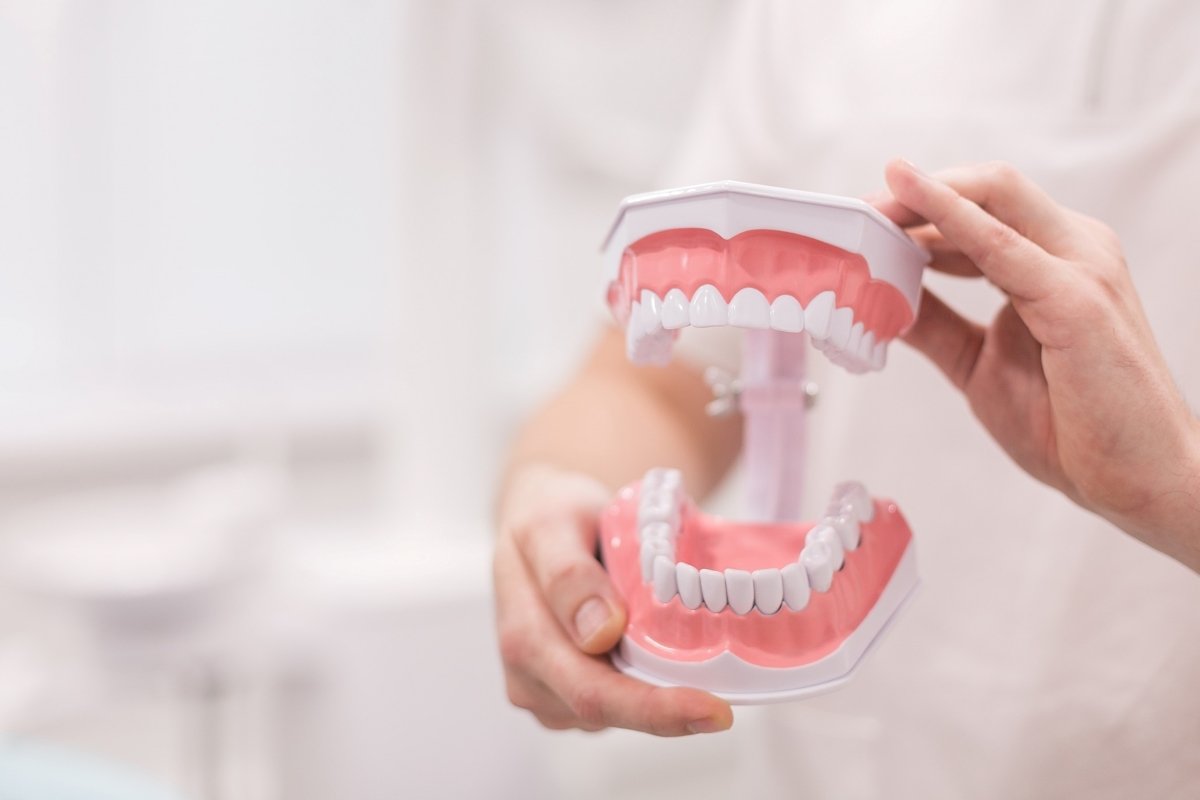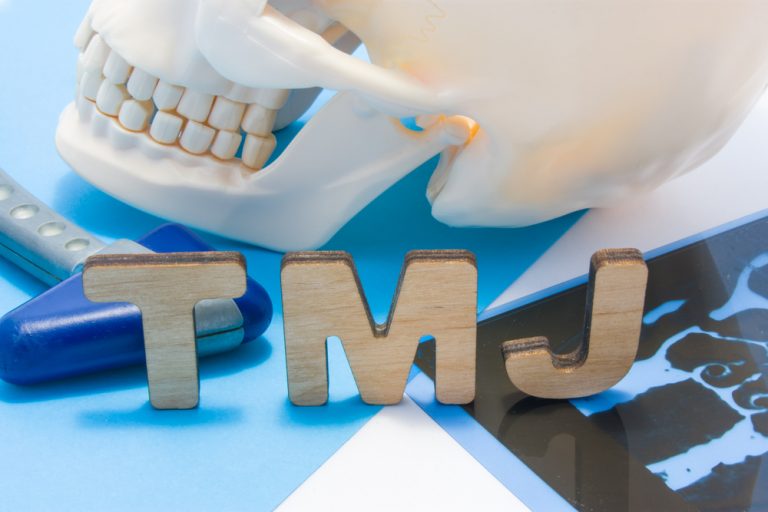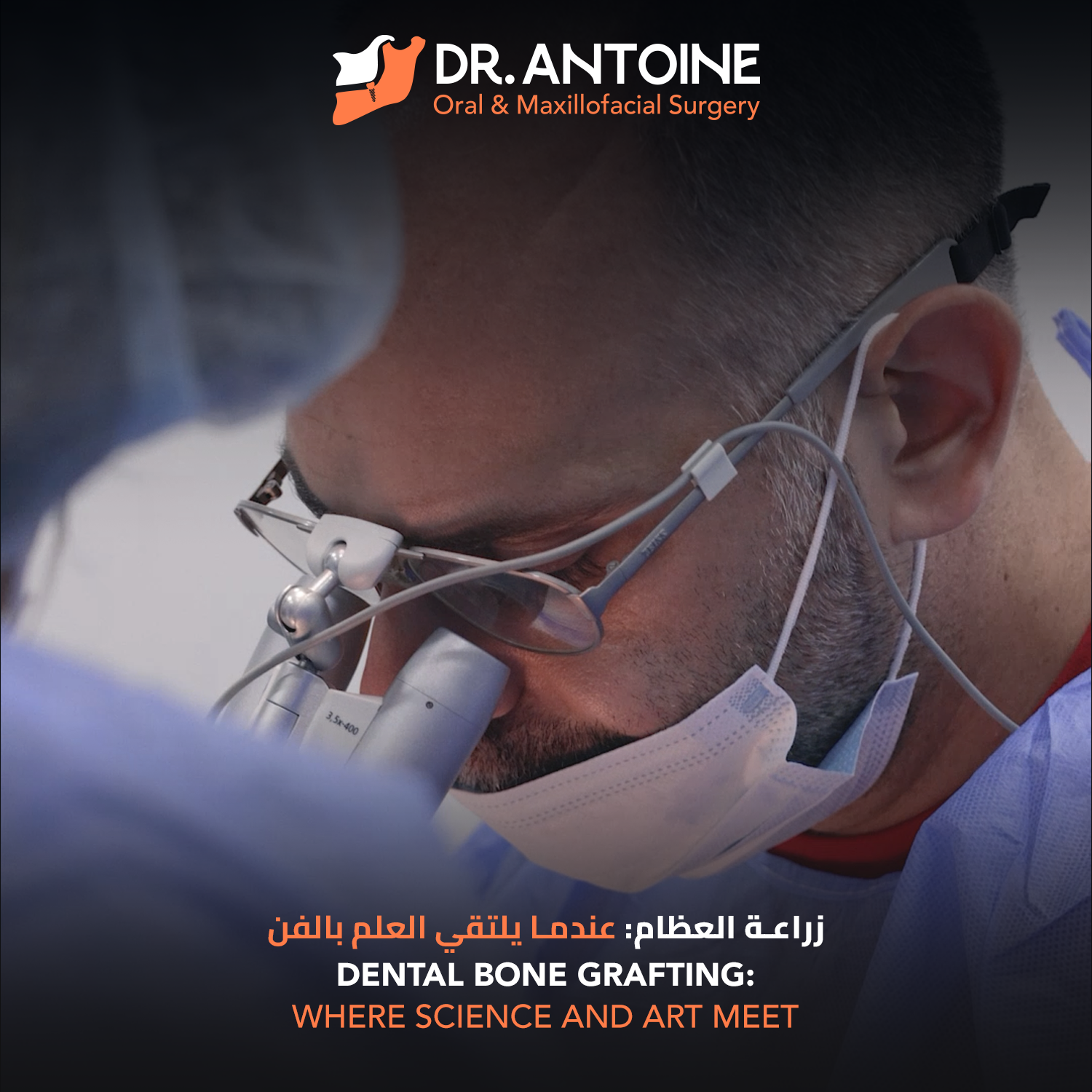Dental implants have revolutionized oral healthcare, providing a permanent solution for the replacement of missing teeth. With advances in technology, surgery for dental implants offers patients a natural look, improved functionality, and long-term oral health benefits. In this article, we’ll explore everything you need to know about this procedure, from how it is performed to aftercare, healing, and cost, with insights that reflect the high standards of dental care offered by clinics like Dr. Antoine’s Clinic in Dubai.
What is Dental Implant Surgery?
Dental implant surgery involves the insertion of metal posts or frames into the jawbone to act as artificial roots. These posts provide a stable base for crowns, bridges, or even dentures. Permanent dental implants replicate the function and appearance of natural teeth, making them an optimal solution for those missing one or more teeth. The surgery is typically performed by an implantologist, a specialist trained in this intricate process.

Key Components of Dental Implant Surgery
- Titanium Implants:
- Implants are usually made from biocompatible titanium, which integrates naturally with the jawbone through a process called osseointegration. This ensures the implant is firmly anchored and mimics the function of natural tooth roots.
- Abutment:
- After healing, an abutment (connector) is attached to the implant. It holds the crown or dental bridge securely in place.
- Prosthetic Teeth
- These are custom-made crowns, bridges, or dentures designed to look and feel like natural teeth. They are affixed to the abutment, completing the restoration.
How is Dental Implant Surgery Performed?
The procedure involves several stages:
- Initial Consultation and Examination
The dentist evaluates your oral health and jawbone structure using X-rays or 3D imaging. A personalized plan is developed based on the condition of the jawbone and the number of teeth requiring replacement of missing teeth. - Bone Grafting (if necessary)
If the jawbone is insufficient to support the implant, a graft is performed using bone substitute material or natural bone. - Implant Installation
The implant post, typically titanium, is surgically inserted into the jawbone. Over the next few months, osseointegration occurs, where the bone fuses with the implant. - Abutment Placement
After healing, a connector (abutment) is attached to the implant to hold the artificial tooth. - Crown or Dental Bridge Installation
Custom prosthetic teeth are placed on the abutment to complete the replacement of teeth process.
What are the Benefits of Dental Implants?

- Permanent Solution: Dental implants are designed to last a lifetime with proper care.
- Natural Appearance: They blend seamlessly with existing teeth, especially when used for replacement of front teeth.
- Improved Speech and Comfort: Implants feel more natural compared to removable dentures.
- Prevents Bone Loss: The implant stimulates the jawbone, preventing bone deterioration.
- Restores Chewing Ability: Whether for replacement of back teeth or molars, implants restore full chewing function.
Who Needs Dental Implant Surgery?
- Individuals with missing teeth looking for a long-lasting solution.
- Patients unable to wear removable dentures comfortably.
- Those with sufficient bone density for dental installation or willing to undergo bone grafting.
What are the Types of Dental Implants?
Dental implants are a versatile solution for replacement of missing teeth, offering various options to cater to individual needs. These small titanium posts, placed in the jawbone, act as artificial roots, providing stability and support for prosthetic teeth. Whether you require a single implant or a full-mouth restoration, understanding the different types of implants is essential in choosing the right solution.
1- Single vs. Multiple Dental Implants
- Single-tooth Implants:
Ideal for patients with a single missing tooth, a single implant supports one crown, replacing the lost tooth without affecting surrounding teeth. - Multiple-tooth Implants:
For patients with several missing teeth, multiple implants provide a stable foundation for custom-made bridges or crowns. This is often recommended for back teeth implants, where stability is crucial for chewing. - Full-mouth Implants:
In cases where all teeth are missing, full-arch implants like the All-on-4 or All-on-6 systems offer comprehensive restoration. These techniques anchor a full set of teeth using only a few strategically placed implants.
2- Endosteal vs. Subperiosteal Implants
- Endosteal Implants:
- These are the most common type, resembling screws, cylinders, or blades placed directly into the jawbone.
- Ideal for patients with healthy bone density, endosteal implants provide robust support for both single or multiple teeth replacements and dental bridges.
- Subperiosteal Implants:
- Placed above the jawbone but under the gum tissue, these implants are suitable for patients with inadequate bone structure who may not opt for bone grafting.
- Often recommended for patients unable to wear traditional dentures.
3- Advanced Implant Techniques
- Mini Dental Implants (MDIs):
- These smaller implants, about the width of a toothpick, are used to stabilize dentures. They require less invasive surgery and are suitable for patients with limited jawbone.
- Immediate-load Implants (Same-Day Implants):
- Also known as “teeth in a day,” this technique allows the placement of both the implant and a temporary crown in one appointment, reducing treatment time.
4- Supplementary Procedures
- Bone Augmentation:
- In cases of insufficient bone, augmentation helps regenerate bone to support the implant.
- Sinus Lift:
- This procedure raises the sinus floor, creating space for upper jaw implants.
- Ridge Expansion:
- Recommended when the jaw is too narrow to support implants, ensuring a better foundation for the dental installation.
With a wide variety of options, from mini implants to full-mouth restorations, dental implants cater to nearly every scenario. Consulting with a skilled implantologist ensures you receive the best solution tailored to your oral health needs, be it for front teeth implants or more complex procedures like ridge modifications. The flexibility and durability of these implants make them the gold standard for permanent dental implants.
At Dr. Antoine’s Clinic in Dubai, we provide comprehensive implant services, ensuring that every patient receives personalized care and achieves long-lasting results. Contact us today to explore your options and take the first step toward restoring your perfect smile.
What are the Different Stages of Dental Implant Surgery?
- Initial Consultation and Imaging.
- Bone Grafting (if needed).
- Implant Placement Surgery.
- Healing and Osseointegration (3-6 months).
- Abutment and Crown Installation.
How Long Does It Take to Heal After Dental Implants?
Healing typically takes 3-6 months as the implant integrates with the jawbone. Immediate dental implants may shorten recovery time, but traditional implants allow for more comprehensive healing. Regular check-ups ensure smooth recovery and long-term success.
What is the Cost of Dental Implants in the UAE?
The cost of dental implants in the UAE varies based on several factors, such as:
- Number of Implants: Whether you need a single implant or full-mouth restoration.
- Materials Used: Titanium or zirconia materials affect the overall price.
- Additional Procedures: Bone grafting, sinus lifts, or extractions may increase the cost.
On average, the cost per dental implant ranges from AED 7,000 to AED 15,000. More complex solutions like All-on-4 or All-on-6 implants (used for replacing complete arches) generally come at a higher price point, reflecting the advanced nature of the treatment and materials. 
For affordable, world-class dental implant solutions, Dr. Antoine offers tailored treatment plans. Whether you need single implants or full-mouth restoration, Dr. Antoine ensures the best service at competitive rates in Dubai. Benefit from cutting-edge technology, personalized care, and premium results.
Book your consultation today to explore implant options that fit your budget. Take the first step toward your perfect smile with Dr. Antoine!
After the Procedure: Post-Surgery Care for Dental Implants
Following dental implant surgery, you may experience mild discomfort, including:
- Swelling of the gums and face
- Bruising around the gums and skin
- Pain at the implant site
- Minor bleeding
To alleviate discomfort, your dentist may recommend pain relief medications or antibiotics. If symptoms like swelling or pain worsen in the days after surgery, it’s essential to contact your surgeon immediately for follow-up care.
During the recovery process, you’ll likely need to adjust your diet to soft foods while the surgical site heals. Most implants use self-dissolving stitches, but if they don’t dissolve naturally, your dentist will remove them during a follow-up visit.
How to Care for Dental Implants After Surgery
Proper aftercare ensures long-lasting implant success. Here are a few essential tips:
- Maintain Good Oral Hygiene:
Regular brushing and flossing are crucial to prevent infections around the implant area. Use soft brushes and dental tools designed for implants to keep your gums healthy. - Routine Dental Check-ups:
Schedule periodic visits with your dentist to monitor the health of the implant and ensure that healing progresses as expected. - Avoid Hard Foods:
During the healing period, stick to soft foods and avoid biting into hard items (like nuts or ice) to protect the implant and minimize stress on the surgical site. - Use a Night Guard (if necessary):
If you grind your teeth at night, wearing a night guard will help protect both your implant and natural teeth from unnecessary pressure and damage.
Read also: Orthognathic Surgery: Types, Procedures, and Recovery Explained
What is the Difference Between Immediate and Traditional Dental Implants?
Dental implants are a popular solution for replacing missing teeth, but there are two main types: immediate dental implants and traditional dental implants. While both serve the same purpose providing a long-lasting and functional replacement for natural teeth—their procedures and timelines differ.
1. Immediate Dental Implants
- Procedure: Implants are placed immediately after tooth extraction in a single visit.
- Timeline: Temporary crowns or bridges are often attached the same day, though final crowns may follow after healing.
- Healing Process: Osseointegration (the fusion of the implant with the jawbone) occurs while the temporary crown is in place.
- Advantages:
- Reduced treatment time and fewer visits.
- Avoids a waiting period between extraction and implantation.
- Maintains bone structure and gum shape, reducing the need for bone grafting.
- Disadvantages:
- Not suitable for all cases, especially if there is infection or insufficient bone.
- Greater care is required during the healing phase to avoid stress on the implant.
2. Traditional Dental Implants
- Procedure: Implant placement takes place after the tooth socket has fully healed from extraction, typically 3 to 6 months later.
- Timeline: After the implant is placed, additional time (3-6 months) is needed for osseointegration before the abutment and crown are attached.
- Healing Process: Bone healing occurs separately before implant insertion, ensuring greater stability.
- Advantages:
- Higher success rates in cases where the jawbone needs more time to heal.
- More predictable outcomes, especially when dealing with complex dental cases.
- Disadvantages:
- Longer treatment duration due to multiple stages.
- Patients need to use temporary dentures or remain without teeth during healing.
Which Option is Right for You?
Choosing between immediate and traditional dental implants depends on several factors:
- Bone Health: Immediate implants require sufficient bone density. In cases where bone volume is limited, a traditional implant with bone grafting might be needed.
- Oral Health: Active infections or periodontal disease may prevent immediate implant placement.
- Aesthetic Goals: If preserving the natural gumline is a priority, immediate implants might be preferable.
- Lifestyle: Immediate implants offer faster results, ideal for individuals seeking quick solutions with minimal downtime.
At Dr. Antoine’s Clinic in Dubai, we specialize in both types of dental implants. Whether you need immediate implants for a swift solution or traditional implants for more complex cases, we provide personalized care tailored to your needs. Book a consultation today to explore which dental implant solution suits you best!
What is the Success Rate of Dental Implant Surgery?
The success rate for dental implant surgery exceeds 95% with proper care. Factors like patient health, implant location, and adherence to aftercare protocols influence the outcome.
Can Everyone Have Dental Implants?
Most individuals with good oral health and sufficient bone density are candidates for implants. However, conditions like uncontrolled diabetes or heavy smoking may affect the success of the procedure. Alternatives include dental bridges or removable dentures.
Discover: Expert Care for Complex Jaw and Facial Issues with Oral and Maxillofacial Surgery
What Alternatives Are Available for Dental Implants?
While dental implants are a highly effective solution for replacing missing teeth, they may not be suitable for everyone due to cost, bone health, or medical conditions. Fortunately, several alternatives offer functional and aesthetic benefits. Each option has its advantages, depending on the patient’s oral health, needs, and budget.
1. Dental Bridges
- Description: A bridge uses adjacent teeth as anchors (abutments) to support an artificial tooth (pontic) in the gap.
- Best For: Patients missing one or a few teeth in a row.
- Advantages:
- Faster than dental implants (requires fewer visits).
- Lower cost compared to implants.
- Drawbacks:
- Requires filing down healthy adjacent teeth to place the bridge.
- May need replacement after several years.
2. Dentures (Full or Partial)
- Description: Dentures are removable appliances designed to replace multiple missing teeth or a full arch.
- Best For: Patients missing multiple teeth or entire arches.
- Advantages:
- More affordable than dental implants.
- Easy to adjust if additional teeth are lost.
- Drawbacks:
- Can feel uncomfortable or loose over time.
- Requires regular maintenance and adjustments.
3. Resin-Bonded Bridge (Maryland Bridge)
- Description: This type of bridge uses a metal or porcelain framework bonded to the back of adjacent teeth, without the need for extensive tooth reshaping.
- Best For: Replacing front teeth (where stress is minimal).
- Advantages:
- Less invasive compared to traditional bridges.
- No need for significant alteration of adjacent teeth.
- Drawbacks:
- Less durable than other options.
- May dislodge under high chewing pressure.
4. Mini Dental Implants (MDIs)
- Description: Mini implants are smaller than standard implants and are often used to stabilize dentures.
- Best For: Patients with insufficient bone density for full-sized implants.
- Advantages:
- Less invasive and requires minimal surgery.
- Faster healing time compared to traditional implants.
- Drawbacks:
- Not suitable for all cases.
- Limited to specific applications (like denture stabilization).
5. Flippers (Temporary Partial Dentures)
- Description: A flipper is a lightweight, removable partial denture that temporarily fills the gap left by a missing tooth.
- Best For: Short-term use while waiting for permanent restorations like implants or bridges.
- Advantages:
- Affordable and easy to fabricate.
- Can be used temporarily before final treatment.
- Drawbacks:
- Fragile and not a long-term solution.
- Requires daily removal and cleaning.
6. Orthodontic Solutions (For Minor Gaps or Shifting)
- Description: In cases where gaps or alignment issues arise due to missing teeth, orthodontic treatments like clear aligners or braces can help shift adjacent teeth to fill the space.
- Best For: Patients with minor spacing issues rather than full missing teeth.
- Advantages:
- Non-invasive option for cosmetic adjustments.
- No need for tooth replacement if alignment solves the problem.
- Drawbacks:
- Limited use—only effective for minor gaps.
- Does not restore chewing function as well as other alternatives.
Choosing the Right Alternative for You
Each alternative offers unique benefits depending on your oral health, preferences, and budget. At Dr. Antoine Habib’s Dental Clinic in Dubai, we provide personalized consultations to help you determine the best option for your needs whether that’s a dental bridge, dentures, or mini implants. Book your appointment today and explore affordable, effective solutions tailored to your smile!
At Dr. Antoine’s Best Dental Clinic in Dubai, we specialize in advanced dental implant surgery, offering a permanent solution for the replacement of missing teeth. Whether you need implants for front teeth for a flawless smile or back teeth implants for improved chewing, our expert team ensures precise care and exceptional results.
Ready to Restore Your Smile?

At Dr. Antoine’s Clinic in Dubai, we specialize in personalized surgery for dental implants to restore function and beauty to your smile. Whether you need single-tooth implants or full-mouth rehabilitation, we offer cutting-edge solutions tailored to your unique needs.
Don’t wait to achieve the perfect smile! Book your consultation today and discover how our approach to dental care can transform your oral health.
📞 CALL NOW: +971 566481481



